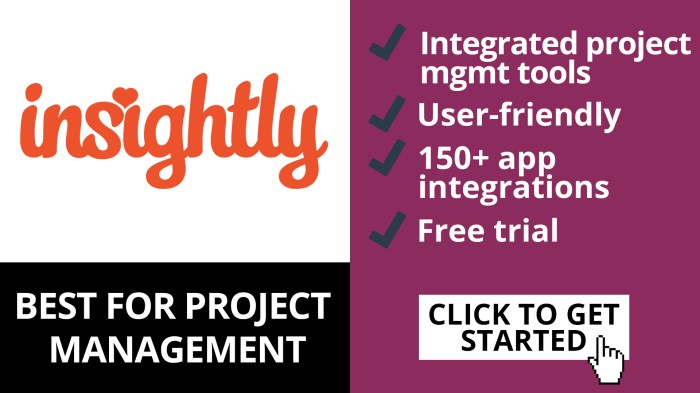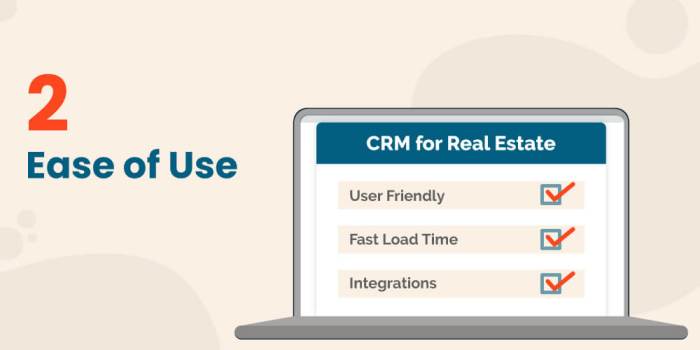Best real estate CRM for teams is crucial for streamlining operations and boosting productivity. This comprehensive guide explores the key features and benefits of various platforms, helping you choose the ideal solution for your team’s needs. From contact management to lead nurturing, we’ll delve into the essential tools that facilitate success.
Different real estate CRM platforms cater to various team sizes and complexities. We’ll evaluate factors like pricing, user interface, and integration capabilities to provide a clear comparison. This analysis will help you navigate the market effectively and make an informed decision.
Choosing the right Real Estate CRM (Customer Relationship Management) system is crucial for team success in today’s competitive market. A robust CRM streamlines communication, manages client interactions, and boosts overall productivity. This guide explores the best real estate CRMs for teams, focusing on features, pricing, and user experience.
Understanding the Need for a Real Estate CRM
Real estate transactions are complex, involving numerous stakeholders and tasks. Without a centralized system, teams can easily lose track of important details, leading to missed opportunities and client dissatisfaction. A real estate CRM provides a structured approach to:
- Centralized Client Data: Store and manage all client information in one place, including contact details, property preferences, and transaction history.
- Automated Communication: Schedule and send automated emails, texts, and follow-up reminders, keeping clients informed and engaged.
- Lead Management: Track and nurture potential leads effectively, improving conversion rates.
- Task Management: Assign and manage tasks, deadlines, and responsibilities within the team, ensuring efficient workflow.
- Reporting and Analytics: Generate reports on key performance indicators (KPIs) to track team progress and identify areas for improvement.
Top Real Estate CRM Options for Teams
Several CRM platforms cater to real estate teams, each with its own strengths and weaknesses. Here are some top contenders:
1. Propertybase
Propertybase is a comprehensive CRM specifically designed for real estate professionals. It boasts a robust feature set, including lead management, property listings, and transaction management. Its user-friendly interface and extensive customization options make it a popular choice for larger teams.

Source: callhub.io
2. Realvolve
Realvolve offers a user-friendly CRM that prioritizes ease of use and intuitive navigation. Its key strengths lie in its lead nurturing capabilities and automated communication features, which can significantly improve efficiency.
3. AgentPro, Best real estate crm for teams
AgentPro provides a streamlined platform for managing client interactions, property listings, and transactions. Its strong focus on collaboration features makes it suitable for teams working together on multiple projects.
4. Homebase
Homebase is a CRM solution designed for real estate agents and brokers. It offers a range of features for managing clients, listings, and transactions. Its pricing structure is often considered competitive.
5. REcolorado
REcolorado is a popular choice among agents in specific regions. It integrates seamlessly with local MLS systems, offering a streamlined experience for managing listings and property information.
Key Features to Consider
When evaluating real estate CRMs, consider these essential features:
- Lead Management: Effective lead capture, qualification, and nurturing tools.
- Client Relationship Management: Comprehensive client profiles, communication tools, and task management.
- Property Management: Listing management, transaction tracking, and property details.
- Team Collaboration: Features for sharing information, assigning tasks, and collaborating effectively.
- Reporting and Analytics: Key performance indicator (KPI) tracking and reporting dashboards.
Pricing and Implementation
Real estate CRM pricing varies significantly based on features, user limits, and customization needs. Contact the vendors directly for detailed pricing information. Implementation timeframes also differ, so be sure to factor that into your decision-making process. Look for solutions with clear onboarding and training resources.
FAQ
- Q: What is the difference between a CRM and an MLS?
A: An MLS (Multiple Listing Service) is a database of properties for sale, while a CRM is a tool for managing client relationships. They are separate but can often integrate.
- Q: How can I choose the best CRM for my team?
A: Consider your team’s size, specific needs, budget, and existing workflows when evaluating potential CRMs.
- Q: How do I integrate a CRM with my existing tools?
A: Look for CRMs that offer APIs (Application Programming Interfaces) for seamless integration with other platforms.
Conclusion: Best Real Estate Crm For Teams
Investing in a robust real estate CRM can significantly improve team efficiency, enhance client satisfaction, and ultimately boost your bottom line. By carefully considering your needs and evaluating available options, you can select the best CRM solution for your team’s success.
Call to Action
Ready to take your real estate business to the next level? Visit our website to explore the best real estate CRMs for your team today! We offer free consultations to help you find the perfect fit.

Source: futurecdn.net
In conclusion, selecting the best real estate CRM for your team is a strategic investment that significantly impacts efficiency and profitability. By carefully evaluating the options and considering your specific needs, you can empower your team to maximize opportunities and achieve remarkable results. The right CRM platform will be a vital tool in the ever-evolving real estate landscape.
Quick FAQs
What are the most common CRM integration challenges?
Integrating a CRM with existing systems can sometimes present challenges, such as data migration issues or incompatibility with certain software. Careful planning, thorough testing, and potentially seeking professional assistance can help mitigate these challenges.
How do I choose the right pricing plan for my team?

Source: leadsquared.com
Consider your team’s size, the number of expected users, and the required features when selecting a pricing plan. Many CRM providers offer tiered plans with varying functionalities, ensuring you choose a package that aligns with your budget and needs.
What support options are typically available for CRM users?
Most reputable CRM providers offer various support options, including online documentation, FAQs, email support, and phone assistance. Assess the level of support provided before making a final decision.